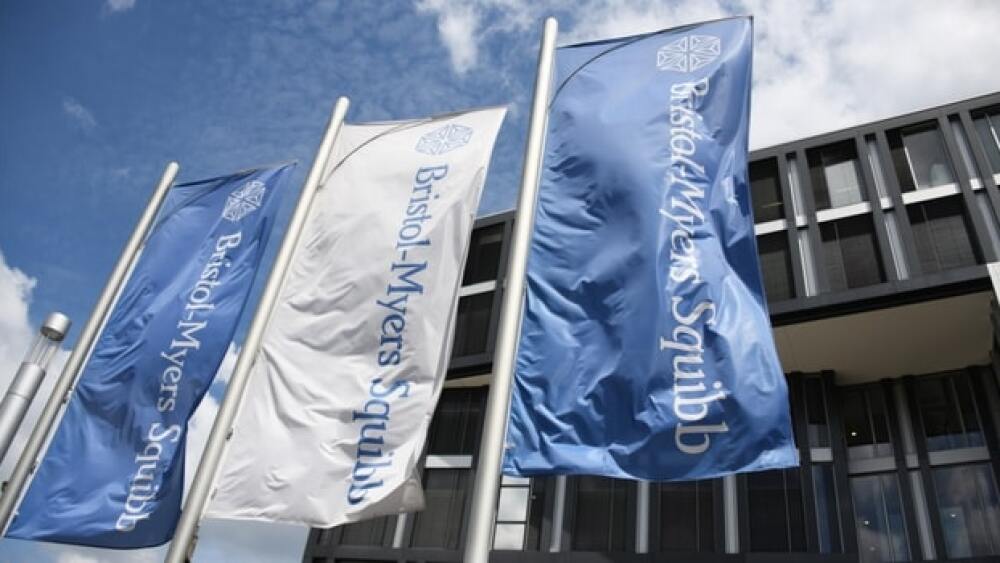BMS achieved a monumental milestone when the U.S. Food and Drug Administration approved Opdualag (nivolumab and relatlimab-rmbw) for the treatment of melanoma.
Nitpicker/Shutterstock
Every week, BioSpace reports on incremental advances in cancer treatment, and while they might seem like just that to the average eye, they mean a great deal to those patients. But on Friday, Bristol Myers Squibb achieved a monumental milestone when the U.S. Food and Drug Administration approved Opdualag (nivolumab and relatlimab-rmbw) for the treatment of patients 12 and older with unresectable or metastatic melanoma.
More than adding another valuable weapon against melanoma, the FDA’s decision officially validates LAG-3 as a clinically effective checkpoint inhibitor – the first since the approval of Merck’s Keytruda in 2014.
The decision, announced Friday afternoon, is based on the Phase II/III RELATIVITY-047 trial, which compared Opdualag (a combination therapy of relatlimab and nivolumab) to nivolumab alone. The data, presented in March by BMS, showed that Opdualag met the primary endpoint of progression-free survival (PFS) in first-line metastatic or unresectable melanoma. And it did this definitively, more than doubling the median PFS when compared to treatment solely with nivolumab (Opdivo), to the tune of 10.1 months versus 4.6 months. It was the first-ever data to be announced from a Phase III trial of a LAG-3 antibody.
In a previous interview with BioSpace, Dr. Frédéric Triebel, M.D., Ph.D., who discovered LAG-3 in 1990, said these results were “very convincing” and “highly significant.” Triebel is the chief scientific officer and chief medical officer at Immutep.
“Since the approval of the first immune checkpoint inhibitor more than 10 years ago, we’ve seen immunotherapy, alone and in combination, revolutionize the treatment of patients with advanced melanoma,” said F. Stephen Hodi, M.D., director of the Melanoma Center and the Center for Immuno-Oncology at Dana-Farber Cancer Institute. “Today’s approval is particularly significant, as it introduces an entirely new combination of two immunotherapies that may act together to help improve anti-tumor response by targeting two different immune checkpoints — LAG-3 and PD-1.”
The first-ever checkpoint inhibitor to be approved by the FDA was BMS’s anti-CTLA-4 mAb Yervoy (ipilimumab) in 2011. Yervoy’s first approved indication was also metastatic melanoma. Since then, it has been greenlit for a number of other indications including hepatocellular carcinoma (in combination with Opdivo) and Non-Small Cell Lung Cancer (with Opdivo).
Opdivo, BMS’s flagship cancer therapeutic, was approved by the FDA in 2014 - just months after competitor Keytruda. Like Keytruda, it is a PD-1 inhibitor. It works by blocking PD-1 (Programmed Cell Death Protein 1), which is a cellular pathway. PD-1 inhibits the immune response – critical to the body’s ability to fight cancer. Blocking this pathway revives this much-needed response.
LAG-3 regulates an inhibitory immune checkpoint pathway that limits the activity of T cells – another critical player in the immune response – impairing their ability to attack and destroy tumor cells. A drug like Opdualag which counteracts this could restore the effector function of exhausted T cells and lead to more remissions, hence the attraction of combining the two mechanisms.
“While we have made great progress in the treatment of advanced melanoma over the past decade, we are committed to expanding dual immunotherapy treatment options for these patients,” Samit Hirawat, chief medical officer, global drug development at BMS said in a statement. “Inhibiting LAG-3 with relatlimab, in a fixed-dose combination with nivolumab, represents a new treatment approach that builds on our legacy of bringing innovative immunotherapy options to patients.”
Opdualag joins Opdivo and Yervoy in BMS’s arsenal of unique checkpoint inhibitors. Based on recent history, this new addition should only increase the company’s dominance in cancer immunotherapy.
Featured Jobs on BioSpace






